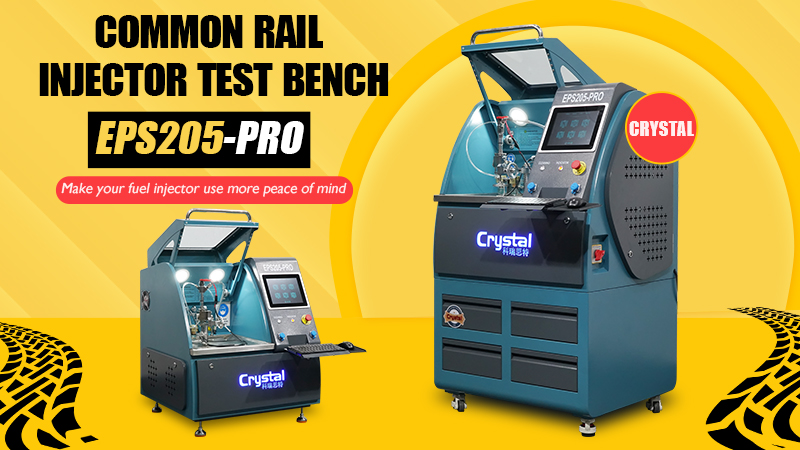03 Mar 2024
The fuel injectors on your car are components that use an electrical signal to deliver a precise amount of fuel into your engine. As they get older or dirty, they can start to malfunction. While a mechanic can perform a test to determine if your fuel injectors are working properly, this can be a costly service.
Although there are many kinds of diesel fuel injectors, common rail injectors are becoming increasingly popular. They’re more complex and sophisticated than mechanical injectors, and naturally, require a different testing process.
A word of caution: due to their complexity, common rail injectors are much less tolerant than older diesel injectors and cannot handle poor quality fuel, so need to monitore the fuel quality as testing
The popular engines in which you’ll find common rail injectors include: GMC/Chevrolet Duramax, Dodge/Cummins, Ford 6.7 and a variety of Cummins,Volvo, Deutz, Volvo Penta, Mack, Volkswagen, BMW, and Mercedes engines. In fact, pretty much every new engine to the diesel scene has common rail injectors these days.
Like all of fuel injector testing services, common rail testing begins with an external clean, followed by a pre-test to measure base performance “as received.”
For common rail injectors, a computerized common rail test bench to operate your injector in as close to real-world conditions as possible and accurately evaluate injector performance. This bench is our newest model EPS205. It is based on the working conditions of the diesel engine ECU, and drives the high-pressure common rail injectors of Bosch, Denso, Delphi, Siemens, Cummins and other brands according to the driving mode required by the engine to realize high-pressure common rail accurate testing of fuel injectors. The test system comes with more than 4,000 sets of high-pressure common rail injector test data, separate user-defined mode, automatic test mode, compensation code generation mode, etc. are designed in the control system, and the data can be stored in groups. It is convenient for maintenance personnel to judge and maintain the working state of the high-pressure common rail injector.
The testing include high-pressure nozzle and control valve leak testing, injector start behaviour, idle speed adjustment tuning, and full-load quantity.
From these tests, it identify which injectors need service or replacement and which are in good condition, meaning you don’t have to spend more money replacing everything. Once your common rail injectors have been tested, you are ready to make an informed decision and often save hundreds of dollars.
Proper testing provides accurate evaluations, streamlines diagnostic troubleshooting, and helps get your customers back on the road faster!

Keywords: common rail test bench
Originally published 03 Mar 2024, updated 03 Mar 2024.